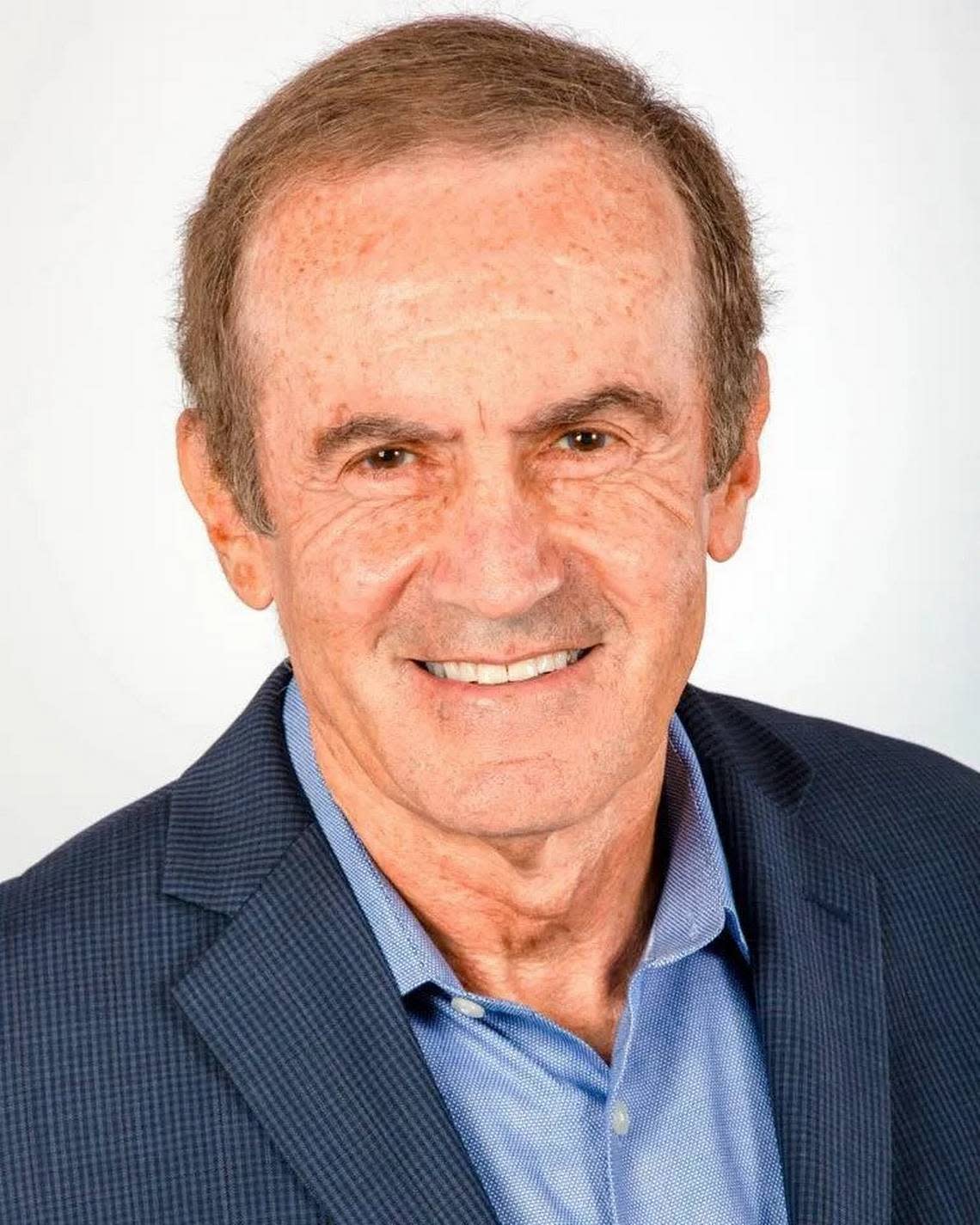Latin American leaders denounce ‘judicial persecution’ in Argentina, but are mum about dictatorships | Opinion
A recent statement by the leaders of Argentina, Bolivia, Colombia and Mexico denouncing an alleged “judicial persecution” of Argentina’s now-vice president, former President Cristina Fernandez de Kirchner, raises serious questions about these leaders’ commitment to democratic rule.
Reading their statement, one can only wonder whether the four democratically elected left-of-center presidents have launched a mutual-protection society to defend themselves and their political allies from judicial cases against them.
The presidents signed the statement at the request of Argentina’s leader Alberto Fernandez after a prosecutor recommended a 12-year prison sentence and a permanent ban on holding public office for Fernandez de Kirchner on massive corruption charges. The vice president, who is often referred to by her initials CFK, is being investigated for allegedly awarding a close friend huge contracts for public-works projects that were overpriced, or were not completed.
The four presidents’ Aug. 24 statement claimed that CFK is the victim of an “unjustifiable judicial persecution” aimed at banning her from holding government jobs.
It says the charges against CFK are based on false assertions by her political rivals and opposition media, which allegedly seek to “bury the values and ideas she represents, with the final goal of establishing a neo-liberal (conservative) model.”
“We declare our strongest support for Cristina Fernandez de Kirchner and categorically condemn the strategies of judicial persecution to eliminate political opponents,” they add.
There are several reasons why the statement is outrageous.
First, the suggestion that Argentina’s prosecutors are acting on behalf of the opposition to ban CFK from public office is absurd because, among other things, the lead prosecutor, Diego Luciani, was appointed by CFK herself during her tenure as president, from 2007-2015.
Second, the allegation that CFK is the victim of a “judicial persecution” is at best premature, because CFK has only been charged by the prosecutor. The charges against her have yet to go before a judge. If found guilty, she can appeal the verdict and, ultimately take her case to the Supreme Court. Argentina, unlike Venezuela, Cuba or Nicaragua, has an imperfect, but independent, judicial system.
Third, and perhaps most important, the statement makes a mockery of most of these presidents’ claim that their foreign policy is based on non-intervention in other countries’ internal affairs.
Mexican President Andres Manuel Lopez Obrador, for instance, repeatedly has refused to join other democracies in denouncing human-rights violations by Latin America’s leftist dictatorships, invoking its principle of non-intervention. Yet, he seems to have no problem intervening in Argentina’s internal clash between its leftist vice president and an independent judiciary.
“It’s amazing that some of these presidents have spent their lives talking about non-intervention in other countries’ internal affairs, and now they’re doing exactly that,” Santiago Canton, head of the rule of law program at the Washington-based Inter-American Dialogue think tank, told me.
Most of the statement’s signatories have not said a word when judges in Nicaragua, acting on orders from the country’s dictatorship, banned all seven opposition presidential hopefuls from running in presidential elections last year. And most of them remained silent when the Venezuelan judiciary, controlled by the regime, prohibited Juan Guaidó, Leopoldo Lopez and dozens of other leading opposition leaders from running for office.
José Miguel Vivanco, the former head of Western Hemisphere affairs of the Human Rights Watch advocacy group, told me that the four leaders’ statement follows a formula used by many populist presidents to deflect attention and try to de-legitimize legal charges against them.
“Whenever there are corruption investigations against them, they claim it’s a case of political persecution,” Vivanco told me. “It’s the same formula that has been used again and again by former President Trump in the United States.”
There’s no question that there are judicial persecutions in dictatorships such as Nicaragua, Venezuela or Cuba, where there is no judicial independence.
But when politicians facing investigations make that claim in countries such as Argentina or the United States, they should be denounced for attacking the rule of law, and democracy itself. That’s exactly what the presidents of Argentina, Mexico, Colombia and Bolivia did by signing this ridiculous declaration.
Don’t miss the “Oppenheimer Presenta” TV show on Sundays at 7 pm E.T. on CNN en Español. Twitter: @oppenheimera

